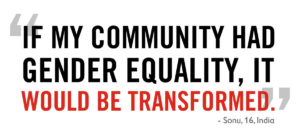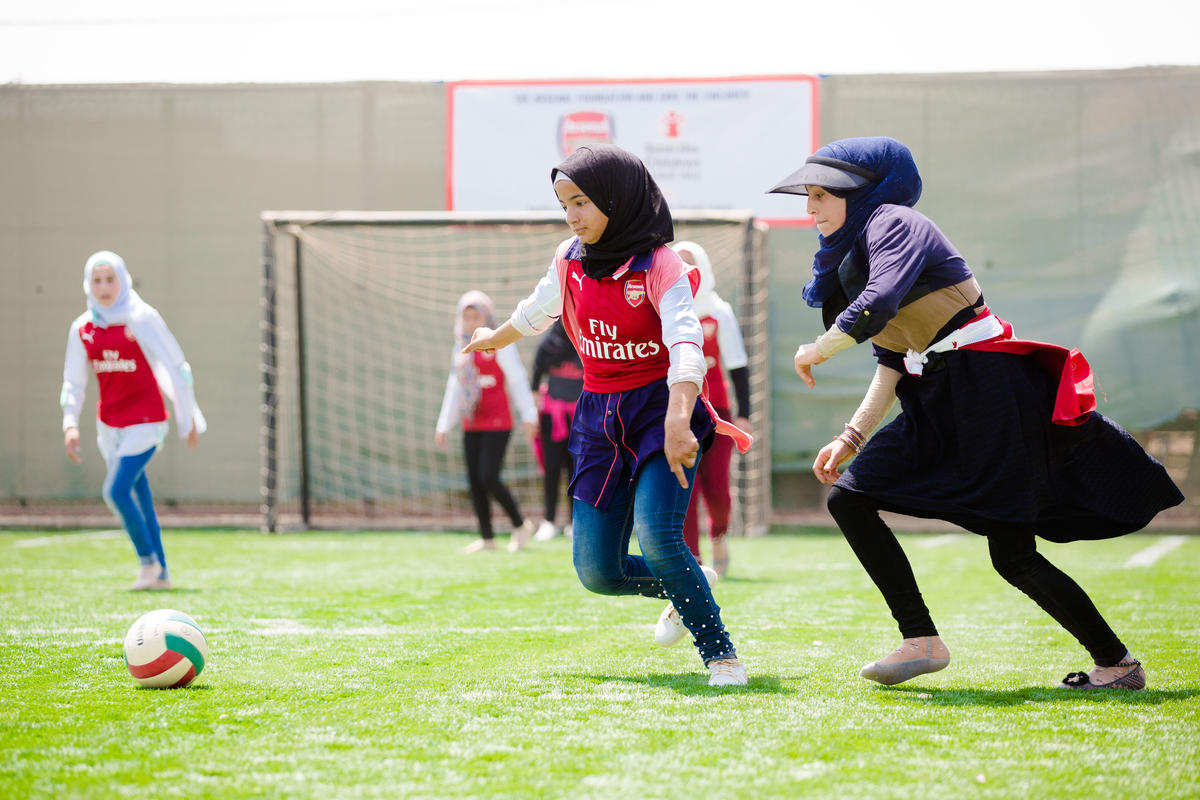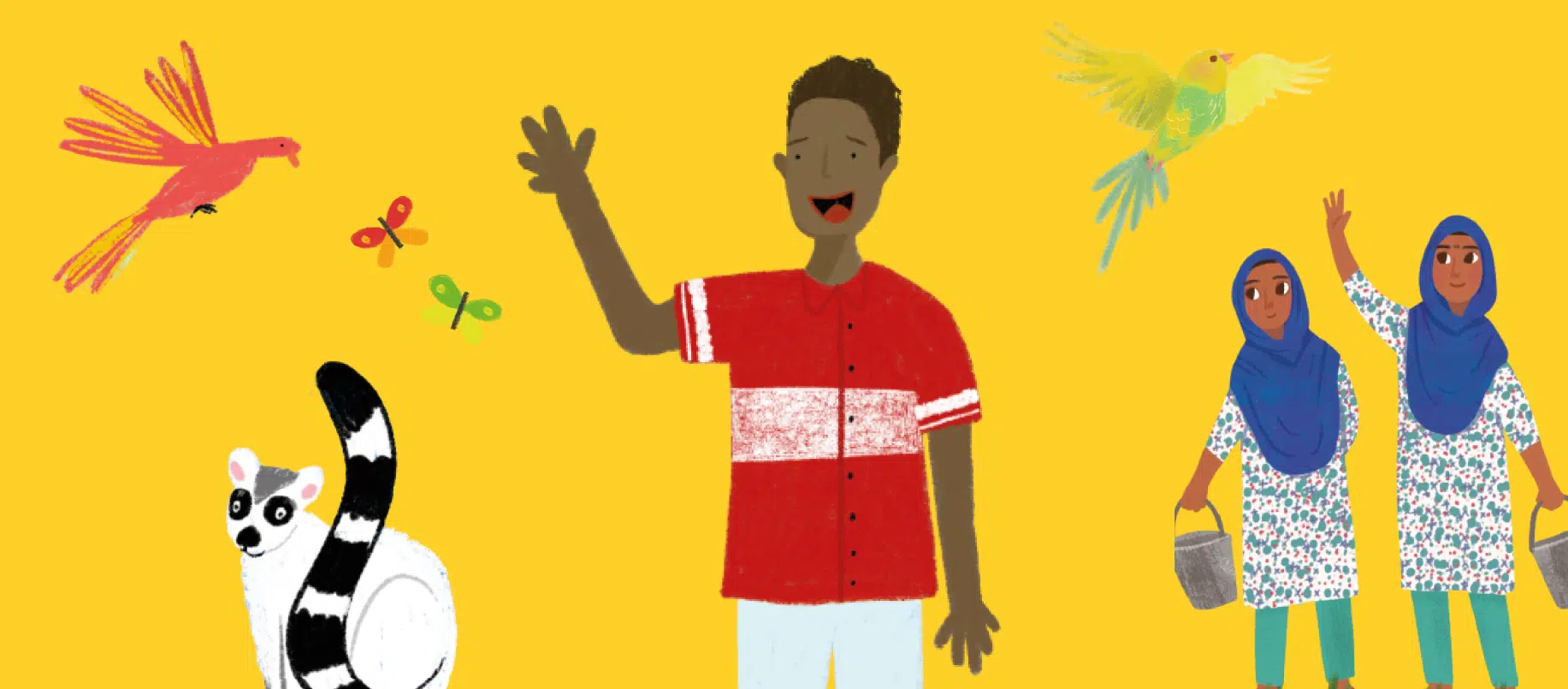We often hear phrases such as “Boys will be boys,” or “Stop being such a girl!” and don’t give them a second thought. But for young children, who develop an awareness of gender characteristics by age two, these comments can be more formative than we think.
Our responsibility as parents is to open our children’s minds as opposed to encouraging these outmoded stereotypes. Gender equality starts at home.
As a parent of two boys and a girl, I have often struggled with the dynamics of fairness and equality myself. Growing up with one sister, I was always taught that girls can do anything that boys can and I strive to teach my children the same. It’s not always easy nor is it a perfect science, but here are some ways to help your children view both genders as equal both in capability and opportunity.
1. Role Modeling is Key
The home is the first place your children pick up their social cues. From the onset, encourage them to view themselves as unique individuals as opposed to boys or girls. Strive to praise independent effort and nurture distinct interests within each child at home. In our household, I also, try to avoid falling into gender-typical stereotypes within the household by sharing chores and decision-making with my your partner as evenly as possible. Each family member should feel responsible for helping out within the house and tasks should be shared and rotated. Finally, it’s critical that every voice is respected and fully heard.
Outside of the household, it’s helpful to point out successful success stories of people of all genders, both men and women across sport, business, science, and politics. If young children see a wide variety of strong leaders, thinkers, and athletes early on it will deter them from putting limits on themselves and those around them. Also, when speaking to children about these high profile personalities, it is important to keep the dialogue objective as opposed to personal, which sometimes unconsciously creates gender stereotypes.
2. Mix It Up
There are some interesting studies on innate gender preference for toys as well as a parent’s role in socialising certain types of toys for each gender, but overall I have found that other factors including personality traits and birth order also play a part in what each child gravitates towards. The good thing about having a mixture of boys and girls in our house is that they all have access to different types of toys and play together with Lego, doll houses, or the play kitchen depending on the day. We mix up and rotate toys, games, and books regularly so that the children have exposure to a variety of different material (fiction vs. non-fiction books for instance).
I’ve also found sport to be an amazing equaliser for young children as they enjoy coming together and competing as a team. We’ve often had the choice of putting our daughter in a girls’ only class vs. a mixed group and almost always chose mixed. This will likely change as she gets older, but for young children it’s often better to emphasise teamwork and skill-building as opposed to gender differences.
3. Encourage Education and Diversity
Awareness of the world around us is critically important. It’s important to talk through history with your children (in an age-appropriate way) so that they understand the progress we have made in society in terms of women gaining the right to own property, have an education and vote. But children should also understand that while some countries have made tremendous progress, others have lagged behind. For instance, in two of the Wonderbooks Rosni and the Hundred Hungry Goats and Munni’s Rooftop School, we learn that access to education is difficult in many impoverished countries, particularly for girls who are often the first to miss out.

4. Less Is More
In general, I have found that constantly calling things out for being sexist is negative and not wholly productive. The less of an issue we make of gender constructs, the more children can feel free to be themselves. With good role models around them, access to a variety of resources, activities with a mix of boys and girls, and a proper curiosity about the world around them, the next generation should thrive and progress even further.
Erica Jalli is a mother of three based in London who regularly writes on all things parenting here.
*Picture credit: Charlie Forgham-Bailey for Save the Children

